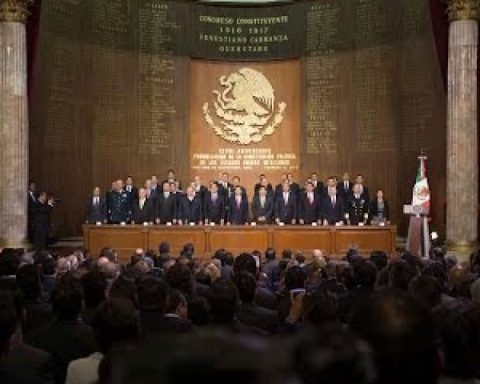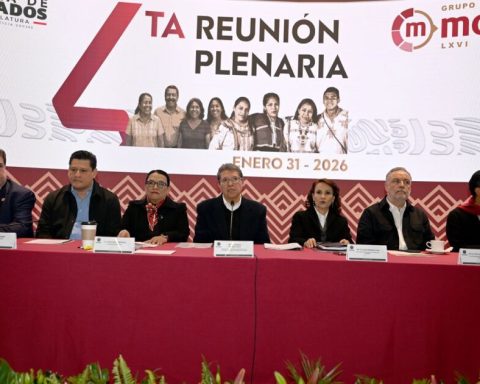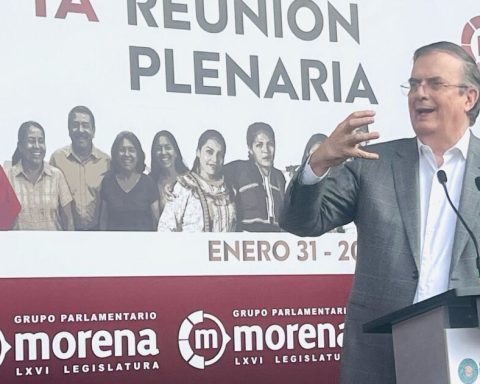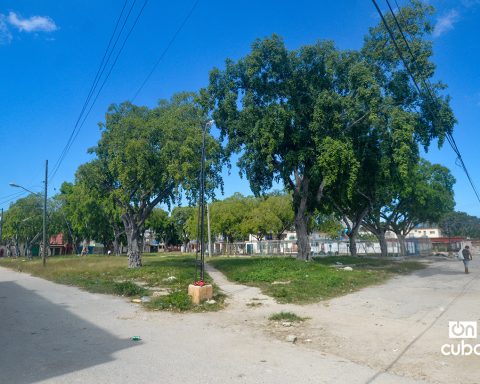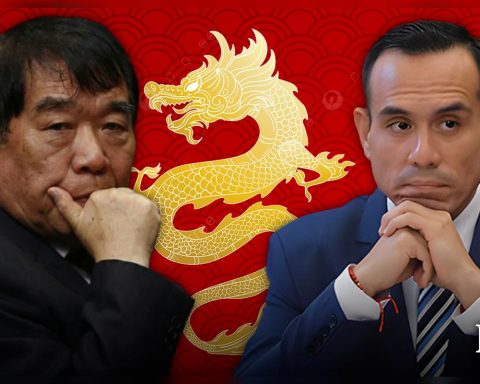Jessica Xanthomilla
Newspaper La Jornada
Saturday September 10, 2022, p. 6
At the end of her official visit to Mexico, the United Nations (UN) special rapporteur on the human rights of internally displaced persons, Cecilia Jiménez-Damary, asserted that although the causes of forced displacement in the country are diverse and multifactorial
among them are different types of violence, often caused by organized crime, sometimes related to development projects, illegal mining and logging or electoral, religious and agrarian conflicts
. He warned that 40 percent of the displacement episodes recorded in 2020 affected indigenous peoples.
In a conference, the rapporteur – the first in this matter to make an official visit to the country – explained that despite the fact that there are no official figures of internally displaced persons, data provided by civil society estimates that they range from 350,000 to 400,000 and concentrate on states that are emerging, that have higher degrees and levels of poverty
.
He stated that most of the victims with whom I spoke have informed me that they are directly attacked or threatened by organized crime, therefore, they have to leave their houses, since they burn them
.
In the presentation of her preliminary observations, after meeting from August 29 to September 9 with victims, civil organizations and federal and state officials in Mexico City, Chihuahua, Chiapas and Guerrero, the rapporteur affirmed that other causes of forced displacement are climate change and disasters, aggravated by discrimination, which has a differentiated impact on the most vulnerable populations
.
He warned that the presence of children and adolescents was mentioned in the majority of the displacement episodes of 2020. I received information that some of them are direct victims of forced recruitment by armed groups
. He stressed that most of the victims are also women.
The expert lamented that despite the fact that indigenous communities represent 10 percent of the total population of Mexico, they are the most affected. They suffer differentiated impacts
due to their situation of vulnerability, lack of access to protection mechanisms culturally relevant
and racism.
Jiménez-Damary thanked the State for its openness to international scrutiny and indicated that the phenomenon requires comprehensive attention that includes prevention, care and protection measures
and called for the creation of a federal registry of displaced persons.
He urged the Senate to advance in the work to have the general law on the matter, which has already been approved by the Chamber of Deputies.
Commitment of the Mexican government: Encinas
In a previous meeting with the rapporteur, the Undersecretary for Human Rights of the Ministry of the Interior, Alejandro Encinas, expressed the commitment of the Mexican government to review in detail
the final report that the specialist will present in June 2023, and Provide timely and detailed follow-up from all the instances that make up the Mexican State
.
He stated that this visit was part of the government’s strategy to make visible this theme that had remained invisible in the past
.

